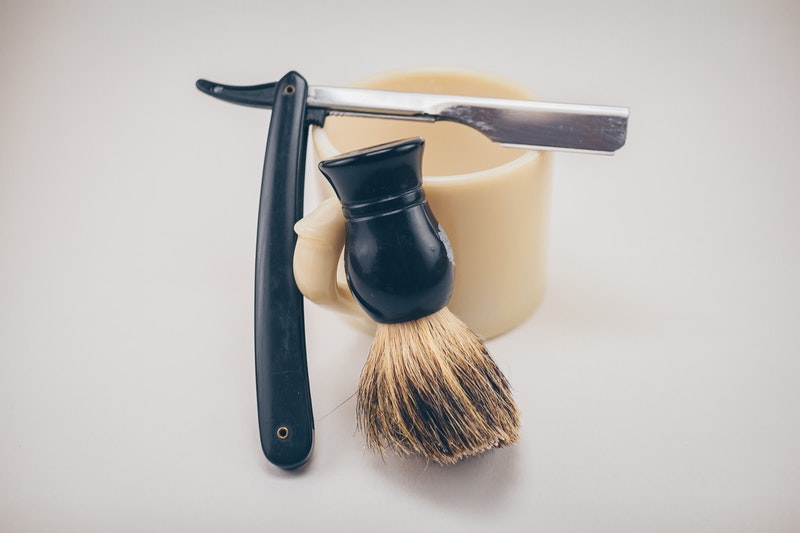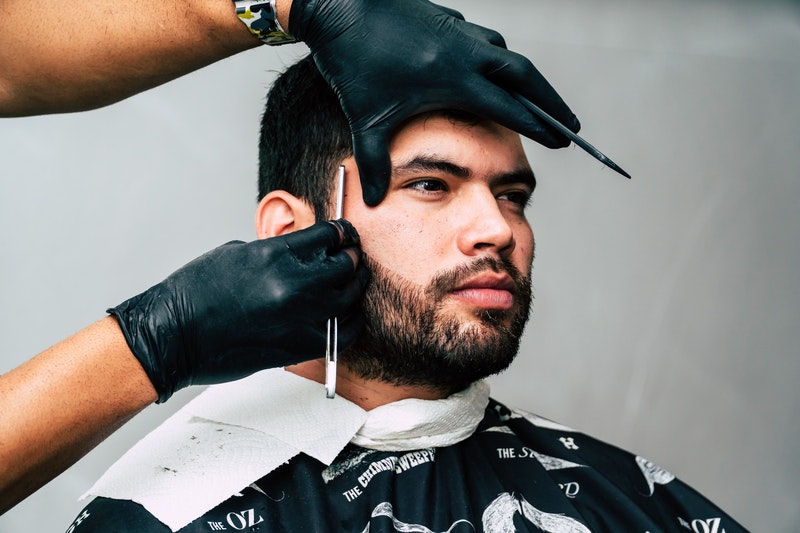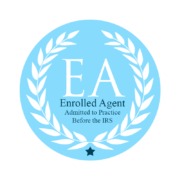The Tax Cut: An Insider’s Guide to Tax Deductions for Barbers, Stylists, and Beauty Pros
Have you been dreading tax season? For many barbers, stylists, and other beauty professionals, dealing with taxes is one of the toughest parts of being in business.
If you’ve ever gotten nervous at the thought of facing Uncle Sam, you’re not alone. Use this guide to help you keep track of possible deductions, and make sure you’re not leaving money on the table each year.
What is a Business Tax Deduction?
A business tax deduction (often called a “write-off”) is an amount you are allowed to subtract from your business’s gross income. It decreases the amount of your income that the IRS considers taxable.
Business taxes are handled differently than personal taxes. Your business income is taxed based on your net income.
Net income = Total business income – business expenses
Deductions for Barbers, Stylists and Beauty Professionals
The beauty industry is highly regulated, and every pro knows the importance of staying in compliance. Keeping up with your state’s regulations is essential to your business. By tracking your deductions, you’ll save money and ensure you never end of in hot water with the government.
Cosmetology and Barbering Licenses, Continuing Education
The IRS allows business owners to deduct any expenses considered ordinary and necessary in their chosen field. Licensing and continuing education are large expenses for beauty professionals.
If you keep good records, courses you take to improve your barbering and styling skills are deductible. Your state boards fees and license fees are fully deductible as well.
Start-up Expenses
If you’re just starting your barber shop or salon suite, you can deduct up to $5,000 in startup expenses in the year you launch. Any expenses beyond that first $5k (up to $50,000) can be deducted over the next 15 years. The costs the IRS considers allowable fall into three categories: creation or development costs, organization costs, and launch costs.
Some examples of startup costs for Barbers, Hairstylists, and Nail Techs include:
- Market Research Costs
- Licenses and Shop Permits
- Legal Expenses
- Insurance
- Shop Equipment and Supplies
- Advertising & Launch Marketing
There are lots of other costs associated with launching your salon or barber shop. A qualified tax expert can help you understand what’s deductible and how to tackle your startup journey.
Booth Rent and Shop Lease Payments
Location rent is a huge part of a business owner’s overhead. Whether you run your own salon suite, or rent out a booth in a larger barber shop, paying for space comes with the territory.
Keep a log of your weekly booth rent payments, and copies of your rental receipts. That information will save you thousands in taxes each year.
Uniforms & Smocks
Although most W-2 employees can no longer write-off uniforms and other work-related clothing due to the Tax Cuts and Jobs Act (TCJA), business owners weren’t affected.
If your salon or barbershop has a set uniform that is only suitable for work, you can deduct the costs of those items on your tax returns. Your smocks, capes, and other items also fit the bill.
Got a shop mascot that requires a costume for photo shoots and ads? That’s an allowable deduction, too.
Key Note: If you wear casual clothes when cutting hair, you can’t write off those clothes.
The IRS only allows a deduction for clothing that is “mandatory for work, and unsuitable for everyday wear.” If you’re styling your clients in a business suit, that write-off is a no-go.
Professional Supplies

From clippers to shampoo, beard oil, and everything in between, barbers and beauty professionals go through tons of supplies each year. Buying all those (very necessary) supplies can easily eat away your profit.
How you keep from watching your hard-earned money disappear down the shampoo bowl? Keep your receipts! Tracking your expenses in a program like QuickBooks Online will ensure your know where your monthly profits are, and be super helpful at tax time.
Business Services – including Cleaning
Working in high-traffic business like hair and beauty, you’ll need lots of support to keep the show going. COVID has heightened concerns about client safety, and requires extra precaution.
Your cleaning services are considered a deductible expense included in the costs of doing business. Other services – like tax preparation, insurance consulting, and lots of others, are considered allowable expenses as well.
The key to any deduction is keeping excellent records and working with a tax professional who can advise you of any deductions and tax-reducing strategies you may be overlooking.
At the Tax Bakery, you’ll find IRS-credentialed tax experts whose #1 goal is to make filing your taxes simple. Got tax questions? Feel free to reach out.
What’s been your biggest challenge when finding a reliable tax person? Share your tips in the comments.
No need to wait!
The Tax Bakery can help you handle your tax returns. The process is simple:
- Schedule a consult.
- Upload your documents.
- We’ll handle the rest.




